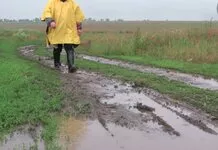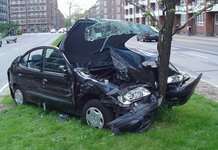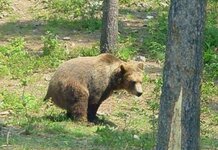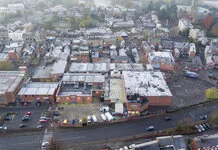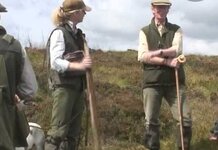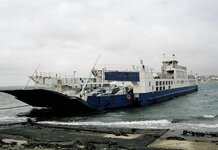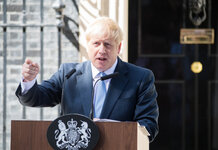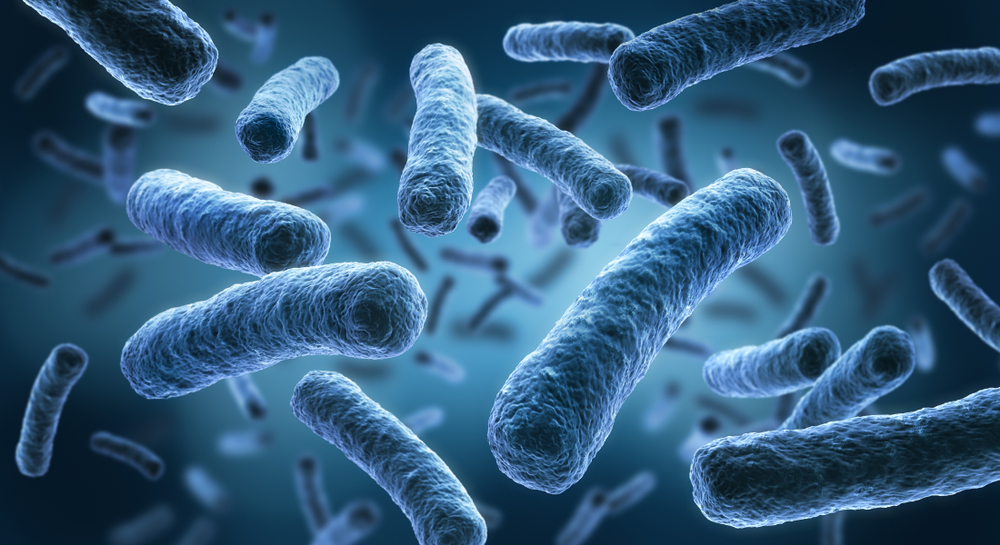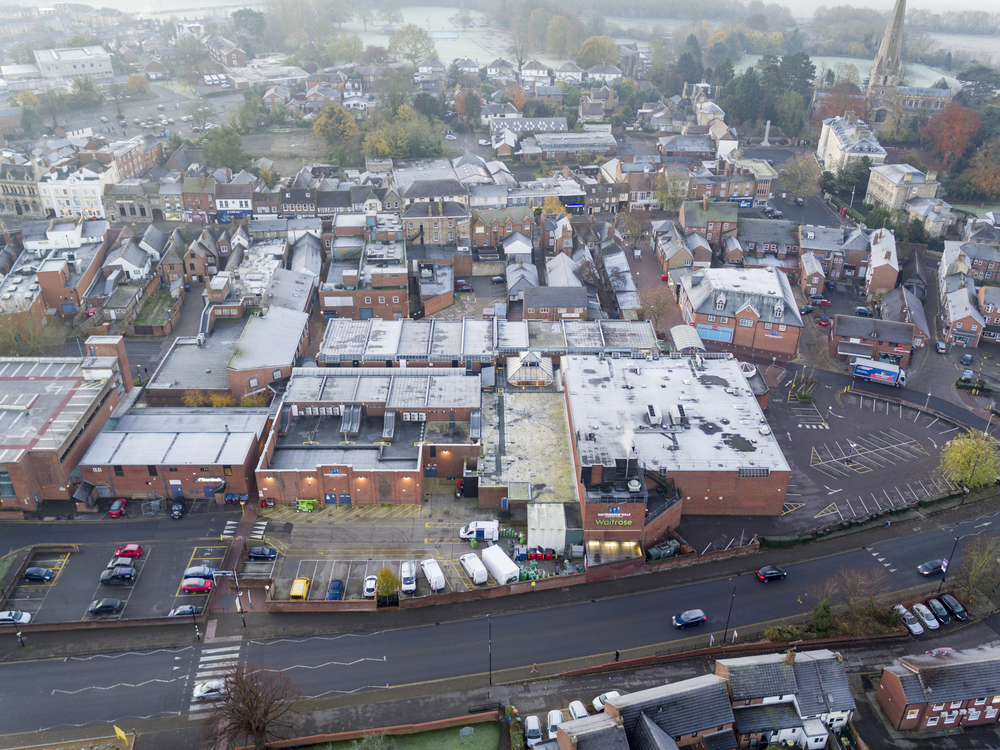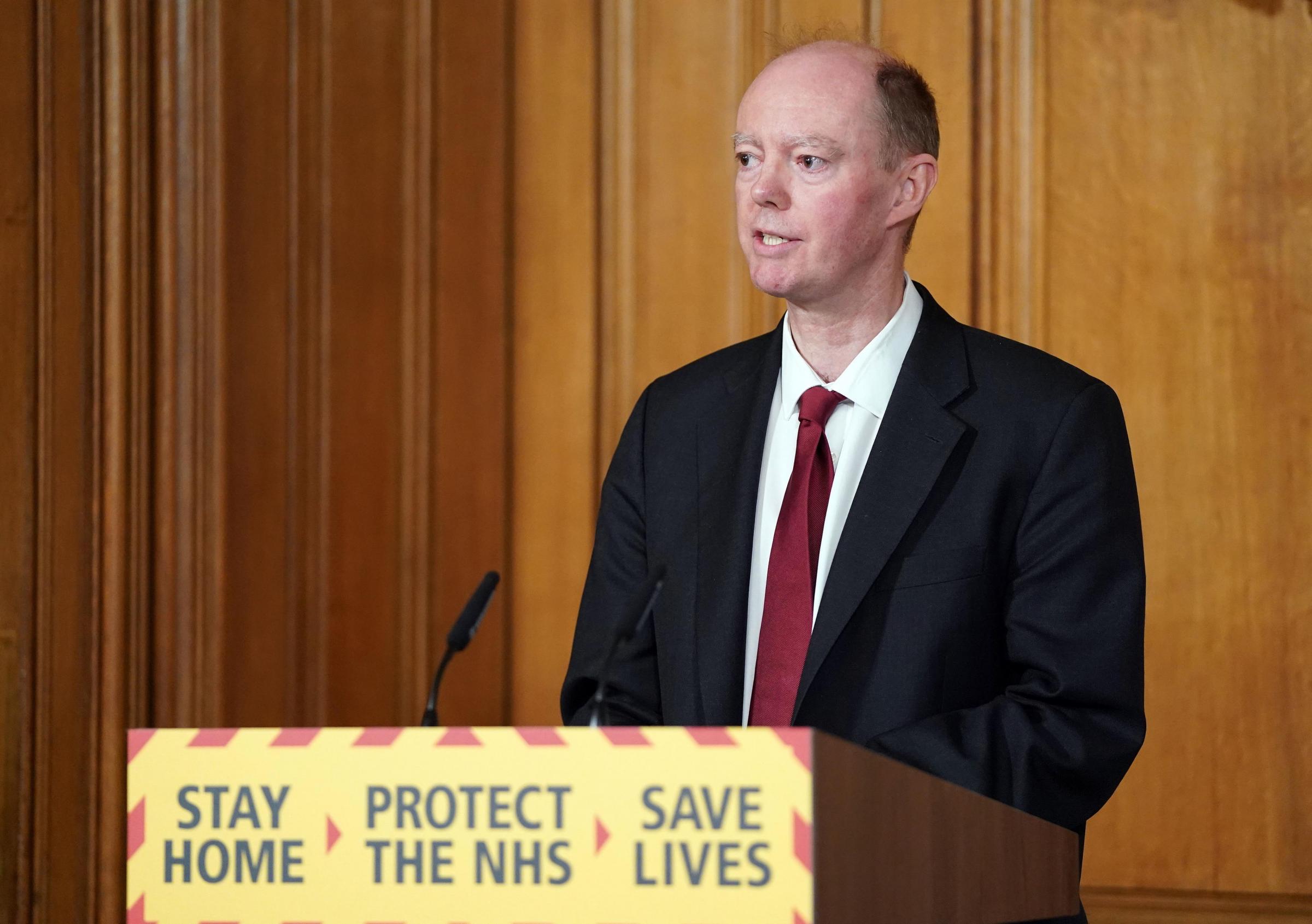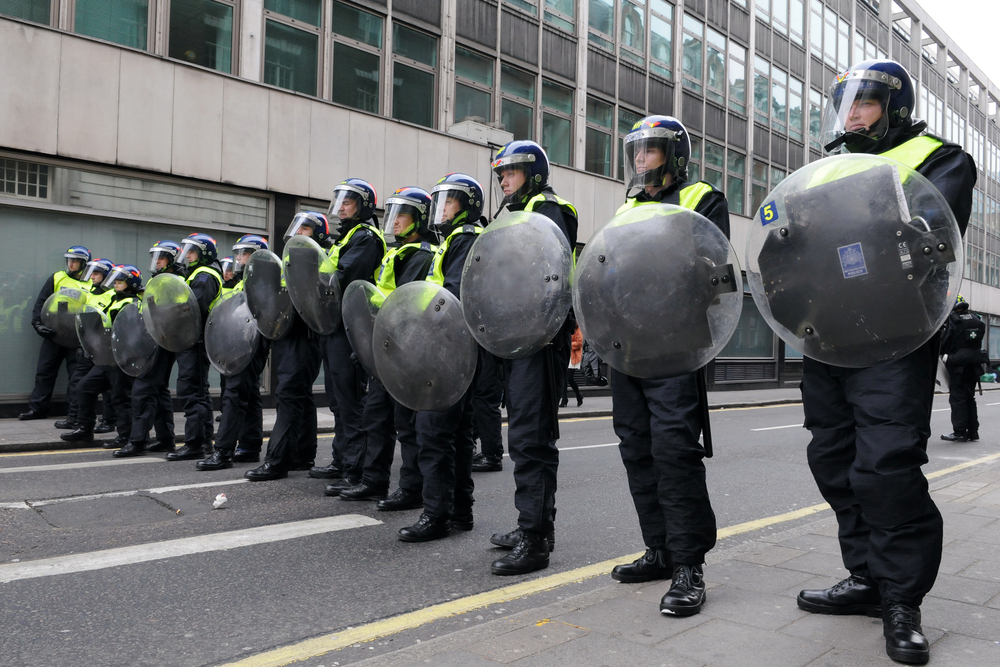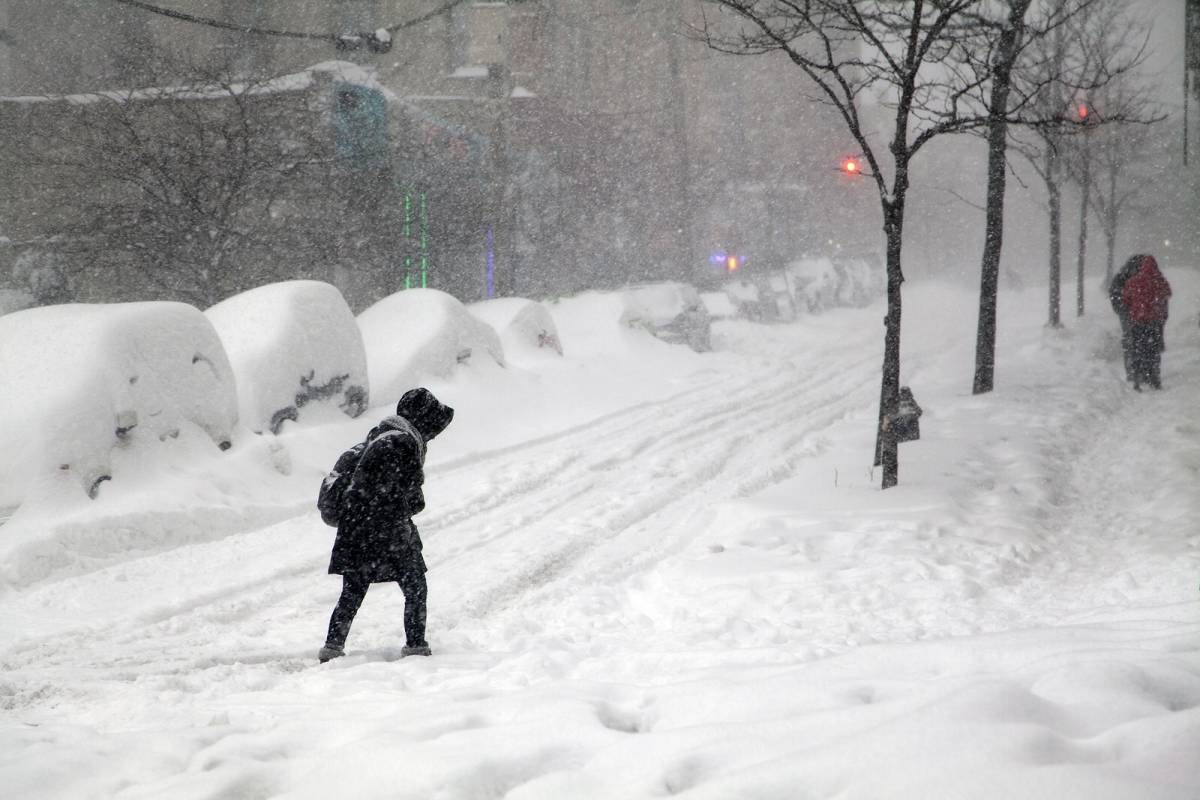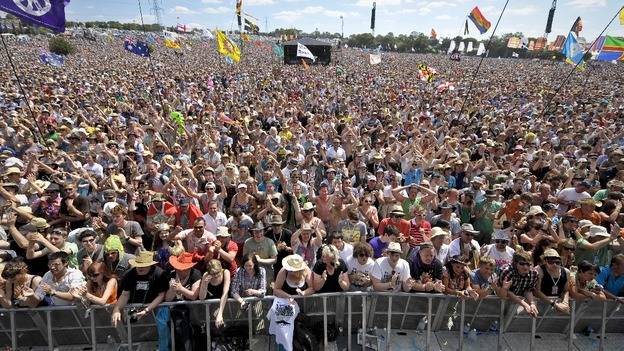The Government has released advice on what to do in the event of a ‘no-deal’ Brexit. The advice has the catchy strap line, “No-deal, not as bad as the Bubonic Plague”.
A Government spokesman said, “This advice is aimed squarely at helping people in the event of a ‘no-deal’ Brexit and offers practical advice on how to prepare. One top tip is that Badger tastes of Boar but you don’t get much meat on a Seagull. This means that people will be better off expending their energy catching Badgers rather than Seagulls.”
Alongside the usual expected advice to buy lots of tinned food is information about finance. Our insider told us, “It’s important that people begin collecting those little blue tokens you get in Tesco. This will be used as currency when the Government launches its exciting new barter economy. Obviously the Waitrose ones will be worth more than the Tesco ones. It’ll be about a 20 to 1 exchange rate.”
Families are urged to make plans for relatives who have chronic illnesses. “There may be drug shortages so you need to factor this in. In fact, if you have a diabetic relative you may want to consider selling their organs to Triad gangs now in exchange for several thousand green Waitrose tokens.”
Elsewhere, stockpiling Tanzanian Shilling’s in preparation for the devaluation of Sterling.
Our insider was quick to point out that Bubonic Plague had some advantages. “One thing that did happen was an increase in the wages of workers. Admittedly, this was due to most workers being dead but you need to focus on the positives. I’m sure the increase in wages was a great comfort for people who had just buried all their relatives and friends.”
It’s understood that the Government have stepped up their planning to be out of the country before the end of next March. Our source told us, “Obviously, it’s imperative that the Government is still able to function. That’s why we’ll be ruling the country from the Dordogne.”

